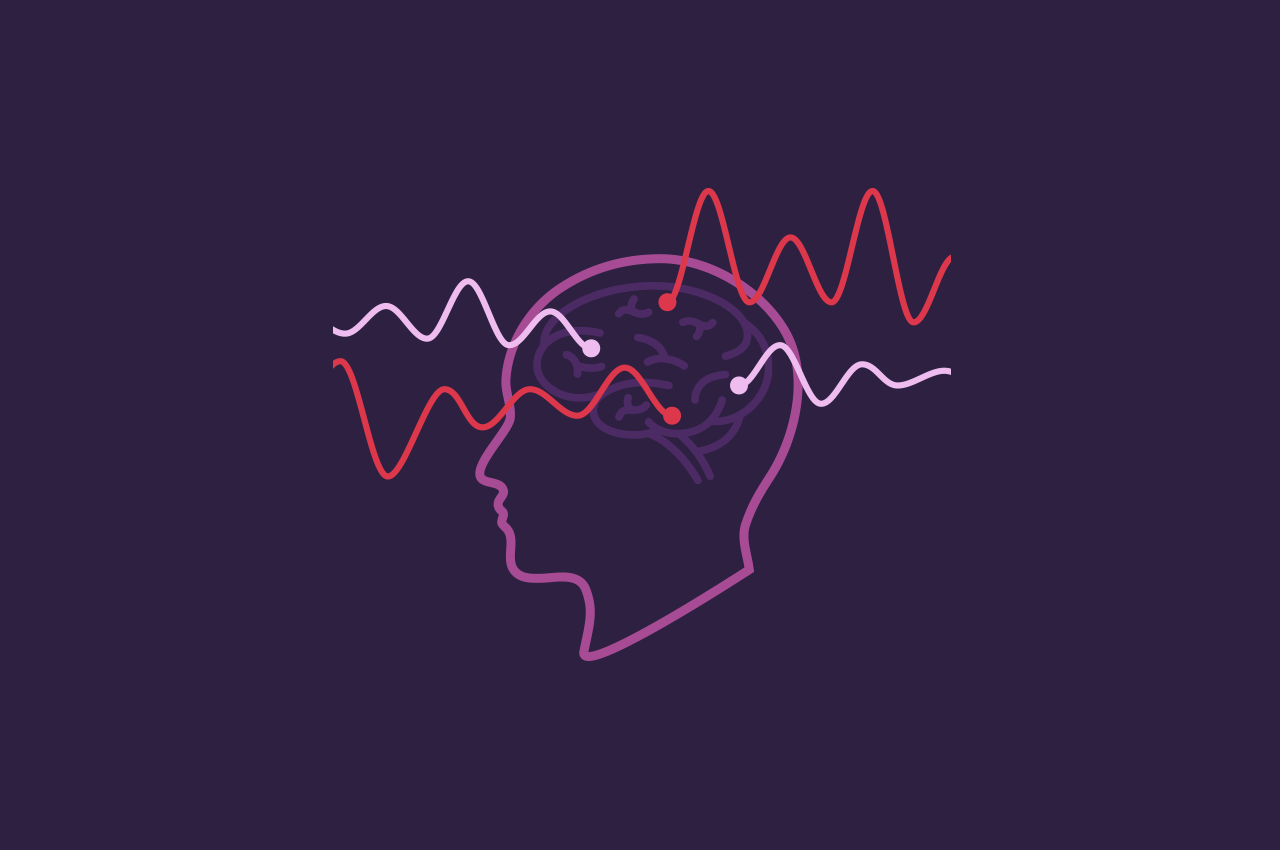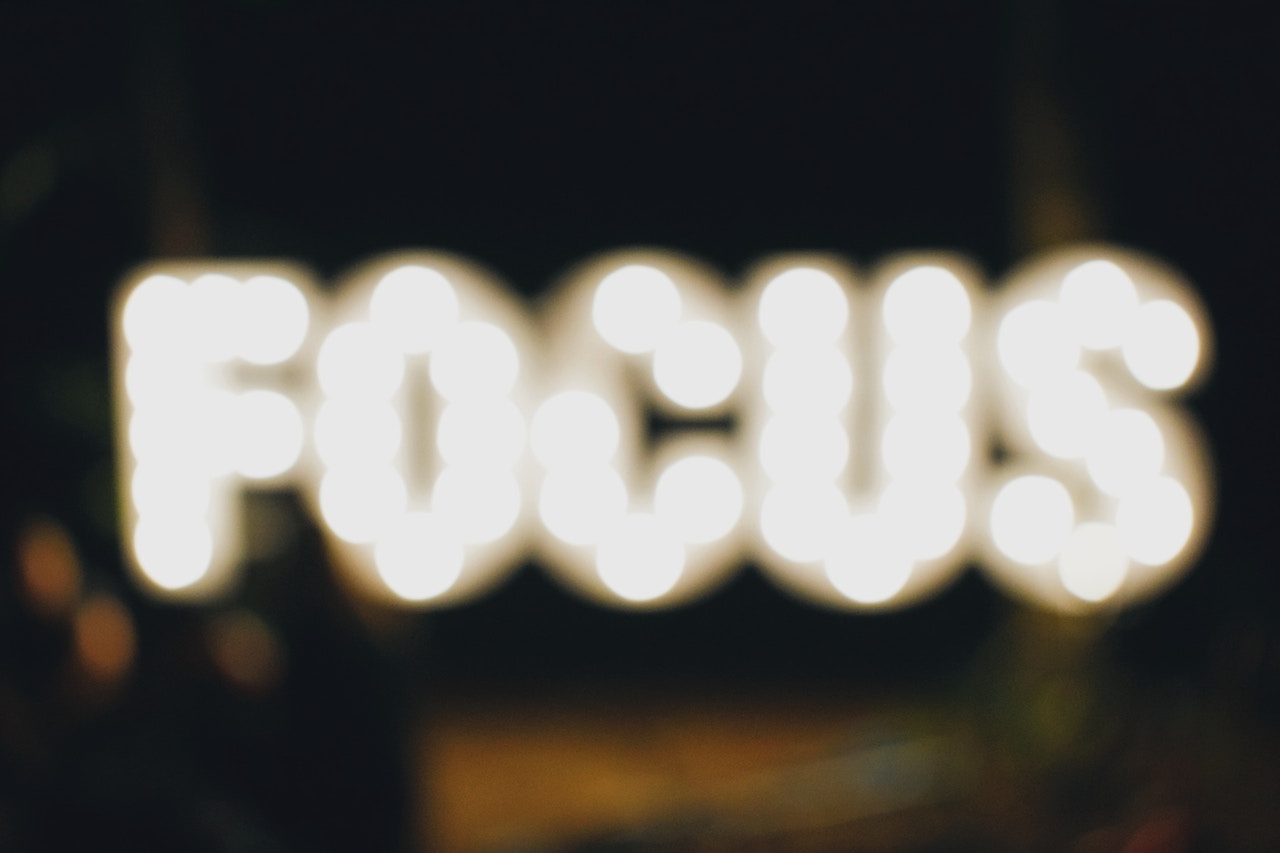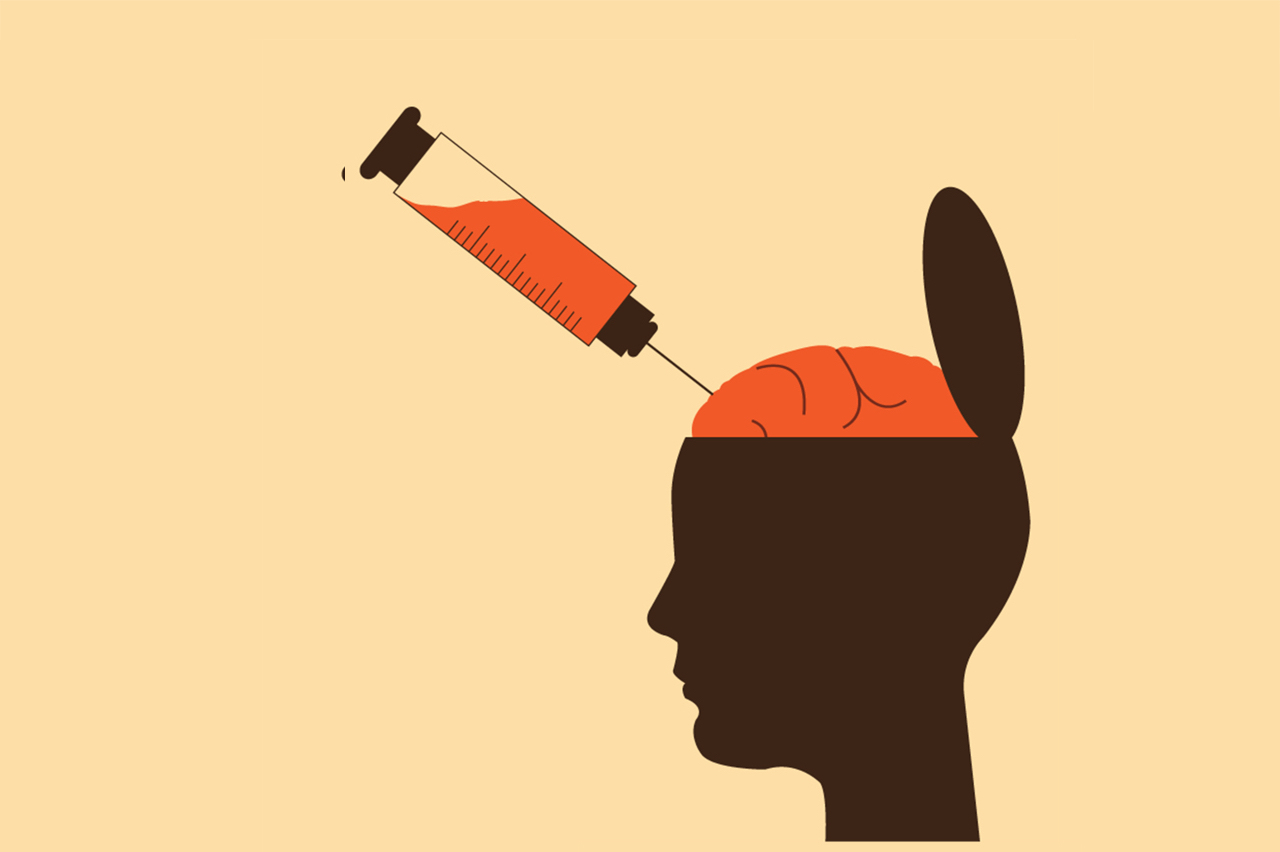Just like any activity, concentration takes practice. If you want to be good at something, practice makes perfect!
It’s time to banish old habits and adopt new ones to stand a better chance of achieving your goals.
Here are a few science-backed tips and tricks to help you hone your concentration skills to learn and perform better.
1. Set goals
This should be a daily routine. Organise your day and divide it into goals, each with a clear timeline, purpose and intention. Keep a to-do list to ensure you stay focused and increase your productivity. Set reasonable daily targets. Write them down or use an app on your smartphone.
2. Prioritise
Take a moment and identify your most important task, then get it off your plate first thing. Not everything on your list is urgent.
3. Set deadlines and stick to them
Having a set deadline can be a great way to control procrastination, but research suggests that self-imposed deadlines don’t work very well for procrastinators. What’s more effective are hard deadlines that are evenly spaced out. Speak to your lecturer or tutor to help you with this.
4. Keep tasks manageable
To improve productivity, break big projects down into manageable chunks to allow you to focus on one area or one subject at a time. This way you’ll stay motivated and avoid distractions.
5. Train your brain
To fully activate the full power of your mind, you need to train your brain. Set aside a couple of hours every day where you can completely focus on one task without interruption. When you do this, you fully engage your brainpower making progress on critical tasks more likely.
6. Sort your time
Set aside some ‘focus time’ to minimise interruptions. Tell your friends that you won’t be available for anything during this time. Compartmentalising your time allows your brain to isolate a task, so you can completely focus on that one thing without constantly breaking your concentration for something else. Identify when and where you are able to focus best and then invest your time there.
7. Put away your cell phone
Simply by putting your phone away for periods of time, or at least turning off notifications, you’ll gain hours of improved productivity and focus.
8. Monotask
Multitasking isn’t for everyone, so why not giving monotasking a try. Look at your calendar at the beginning of each week and assign yourself a single, specific focus each day.
9. Be mindful
Practising mindfulness meditation has been shown to increase the ability of the brain to focus on a task while at the same time, enhancing learning and memory.
10. Know your body clock
We all have natural rhythms that influence our ability to focus and produce. The key is to match your highest priority work with your most productive hours of the day. Pay attention to your body clock. Most people tend to be most alert in the morning, with concentration dipping in the afternoon. Find out what works for you and stick to it.




